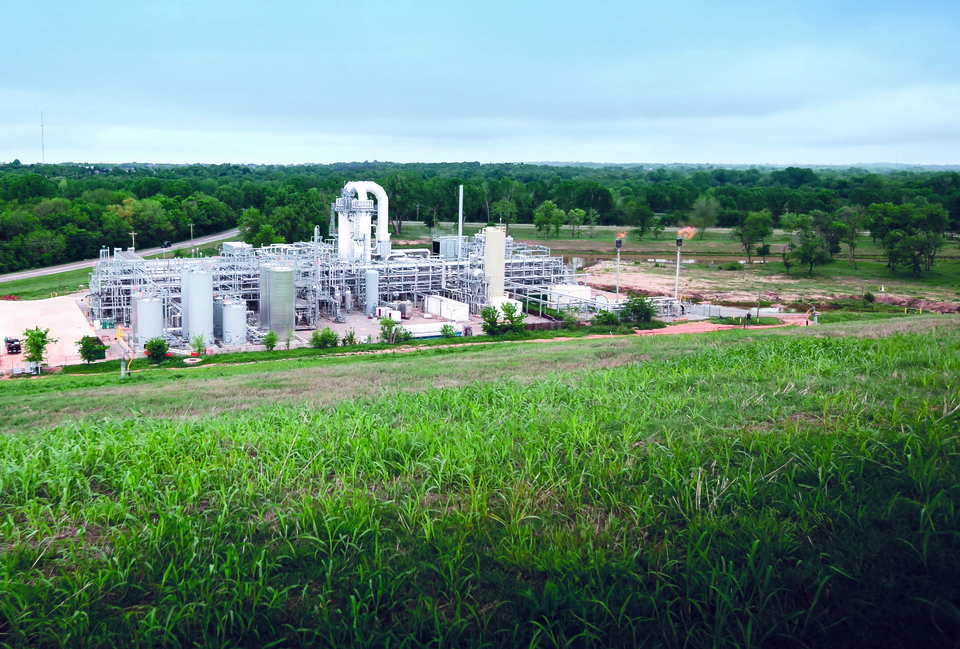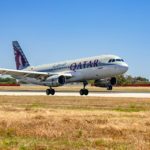
London (TAN): British Airways aircraft could soon be powered by sustainable jet fuel made from trash after plans were proposed to develop Europe’s first commercial-scale facility to convert domestic and commercial solid waste into jet fuel.
British-Dutch oil and gas company Shell and the airline, along with Alt Alto Immingham Limited, a subsidiary of United Kingdom-based renewable fuels company Velocys, plan to develop the plant in Immingham, in North East Lincolnshire of the United Kingdom.
[ALSO READ: Ponant to buy French Polynesia specialist Paul Gauguin Cruises]
The proposed plant will take over half-a-million tonnes each year of non-recyclable household waste such as nappies and takeaway coffee cups to transform it into ‘cleaner burning sustainable aviation fuel’, the airline said. The process will reduce greenhouse gas emissions by 70% compared to the fossil fuel equivalent, as effective as taking a maximum of 40,000 cars per year off the road.
“The submission of the planning application marks a major milestone in this project and we are delighted with the progress being made. Sustainable fuels can be a game changer for aviation which will help power our aircraft for years to come,” British Airways Chairman and Chief Executive Officer Alex Cruz said.
“This development is an important step in the reduction of our carbon emissions and meeting the industry targets of carbon neutral growth from 2020, and a 50% in CO2 reduction by 2050 from 2005 levels. It also brings the UK another step closer to becoming a global leader in sustainable aviation fuels,” he added.
[ALSO READ: Club Med organises eco-music festival to inspire sustainability]
The carrier plans to buy jet fuel produced at the proposed plant and use in its fleet – to cut down on its carbon emissions towards achieving industry targets of carbon neutral growth from 2020, along with a 50% decrease from 2005 levels by 2050. It will also reduce soot from aircraft engine exhausts by 90% and Sulphur oxides by 100%. The move could result in investments, creation of jobs during construction as well as about 130 permanent jobs.
“Velocys has a solution to decarbonise aviation fuel by converting an unwanted feedstock – household and commercial solid waste – to create a highly valuable product: sustainable transport fuels. This will cut greenhouse gas emissions from aviation, as well as improving air quality and helping to tackle our waste problem. This is a vital step towards the ultimate goal of living in a net zero carbon world by the middle of the century,” Henrik Wareborn, Chief Executive Officer, Velocys, said.
British Airways’ parent company, the Anglo-Spanish multinational airline holding company International Airlines Group (IAG) will invest USD400 million on alternative sustainable fuel development over the next two decades.
[ALSO READ: Tinder launches travel alert for LGBTQ users in homophobic countries]
“This is a fantastic step forward for the project. We strongly welcomed the inclusion of sustainable aviation fuels into the renewable transport fuels policy framework and call on Government to continue to provide support given the significant near-term opportunities offered by these fuels,” Head of Sustainability at IAG, Jonathon Counsell said.
He added: “Specifically, we strongly believe a dedicated Office for Sustainable Aviation Fuels (OSAF) will provide the essential cross-government co-ordination necessary to progress the development and commercial deployment of sustainable aviation fuel and would welcome Government support in setting this up at the earliest opportunity.”




